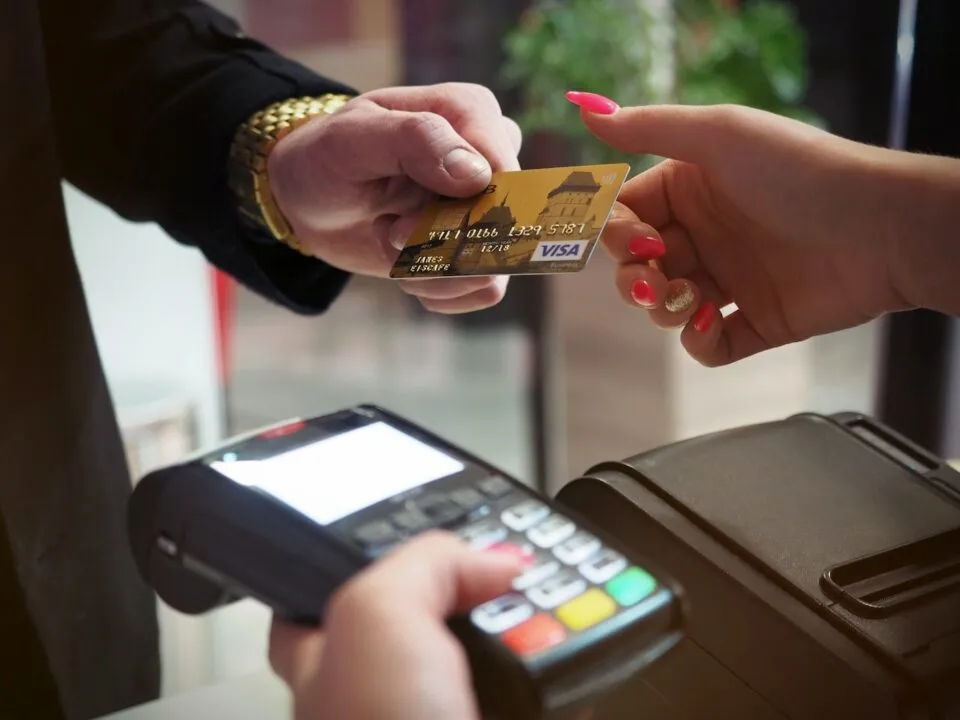Customer protection should be a top priority for every small business. After all, it’s not just your business that needs to be secure. You need to be aware of just how many problems the average customer can run into when they’re shopping with you, whether online or in person.
Remember, when a customer doesn’t feel safe coming to you, it’s bad for your name, logo, and anything you try to do from here on out. Bad news spreads like wildlife thanks to an ever increasing number of fraud cases. Your reputation is going to be very negatively impacted if even just one story comes out about poor customer security within your workplace!
And while you have the chance to make improvements to your security protocols, you never get a second chance to make a good first impression. With that in mind, here are some customer protection tips that work well for small businesses like yours.
Scan for Trip and Slip Hazards
Do this in places where your employees may not commonly step, but your customers are likely to crowd, queue, browse, and wait in these areas if you have a storefront, a restaurant, or any inner physical premises you ask them to come into. If you haven’t invested in crowd control, this is a super important method to make use of!
You want to keep your customers safe from the ground level up. All slip and trip hazards should be clearly outlined in your previous risk assessments.
Update Your Website
Did you know a hacker can exploit any weaknesses in the server of your website when it’s not been consistently and reliably updated? And if it’s been a whole year since you even set up your website, got it hosted, and made sure it was ready to use, there could be someone in the system already.
Keep an eye out for signs of this. Maybe it’s been slow to open from the back end recently? Or maybe it’s been receiving a lot more traffic than you’re used to getting, out of nowhere? These could both be simple issues, but they could also be symptoms of malicious activity going on in the background.
Watch Out for RFID Issues
Did you know it’s possible for hackers to steal someone’s information from just a few physical paces away? Yes, even in our physical world away from the internet, it’s possible for details to go missing, even when you’ve invested in safe terminals and encrypted passageways.
This is due to the use of RFID chips in people’s phones and cards, and to avoid RFID hackers, you’re going to need to be smart about their use within your workplace. You’ll want employees to invest in Faraday bags to keep their own personal belongings safe and to ensure nothing is passed on when chip and pin machines or contactless terminals are left out unattended.
Keep it Clean
It’s very easy for a workplace to get dirty, and more often than not, this is on the front end of the operation. Puddles on the floor, marks on the walls, stains across the counter where your checkout is – these are all common hygiene issues business owners will have to deal with.
Leaving them even for just one day could make a bad impression on a customer; if you don’t have a prioritised to-do list, you might not get round to keeping things clean in time for opening. So be sure to put your hygiene needs right at the top of the list every single time. You don’t want your business premises to become a breeding ground for germs and various coughs, colds, and flu.
Think About Your Payment Provider
If you’re a brand new business, it’s not really a good idea to have your own payment provider. Not only is it expensive to build one of these off your own back, but it’s also a real security risk for any online customers.
If you don’t have certain guarantees about the way the provider encrypts information, it’s going to be hard to actually promise a customer that you’re safe to hand over sensitive details too. That’s why it’s better, and actually works out cheaper, to work with a previously established payment portal, such as PayPal.
If you want to protect your customers while they shop with you, be aware of hidden issues like these. You don’t want things to go awry whether they’re visiting online or in person, and the last thing you’d want is for someone to blame you for it happening!


